The act of restricting one from withdrawing money from his or her wallet/account is called a “Post No Debit” which is tagged PND.
Where a PND has been placed on an account, the owner of such account can not make any financial transactions as little as buying of airtime and data, and transferring money to anyone or even withdrawing with an ATM card from anywhere.
As the name implies “Post No Debit”, debits cannot be made from the account.
Section 7(1), Anti-Money Laundry(Prohibition) Act, 2022 holds that; “where in the opinion of a financial institution a transaction involves the proceeds of a criminal activity, unlawful act, money laundry or terrorist financing, the financial institution shall take steps to report this fraudulent transaction to the Nigeria Financial Intelligence Unit which is domicile in the EFCC.”
The words above only means that, where a bank suspects that a particular amount of money which resides in the account of a particular customer is not genuine or clean and percieves it to be gotten from an unlawful act or money laundry, such bank has the obligation of reporting such amount to the financial intelligence unit of the EFCC (Economic and Financial Crime Control)
Once the report has been made, it should be noted that in the pursuit of clearing of doubts that the proceeds are not from unlawful acts, the bank has the power to place a “Post No Debit” on such suspecting account for just 24 hours by virtue of Section 7(2), Anti-Money Laundry (Prohibition) Act, 2022.
Now, what happens after the financial intelligence unit of the EFCC has been intimated on the suspecting?
Upon investigation and establishment by the financial intelligence unit that the account is suspected to be involved in fraudulents acts or transaction, the unit can go ahead to order the bank to totally restict the account. It should be nioted that this restriction order can only last for 72 hours as contained under Section 7(6), Anti-Money Laundry Act, 2022.
After 72 hours, what happens?
Where to the dissatisfaction of the intelligence unit, the 72 hours was not still enough to carry out and link the funds to where it came to determine its genuinity, to further restrict the account, an order from the court must be sought and obtained.
Where after the expiration of 72 hours and the account of the customer continues to be restricted without a valid court order, such act would only be totally against the letters of the law and as such be illegal.
In the case of BLAID CONSTRUCTION LIMITED v. ACCESS BANK PLC, the court held that the continous restriction placed on the claimant’s account after the expiration of the three months PND order sought by the EFCC and granted by the Federal High Court was held to be illegal.
Advertisement


Flowing from the above, it is safe to state that a bank only has the power to restrict an account for 24 hours where to it, it percieves that an illegal transaction has occurred in the account and to report same to the EFCC who has power to further restrict the account for just 72 hours.
Any further restriction after the expiration of the 72 hours must be with an order of a competent court of jurisdiction.
LEGALJOE who is also JOSEPH ALIU is a Legal Series Analyst @ogunwatchng and a Constitutional Law Enthusiast and can be reached via; 09085773212, 09131704196, aliujoseph085@gmail.com






















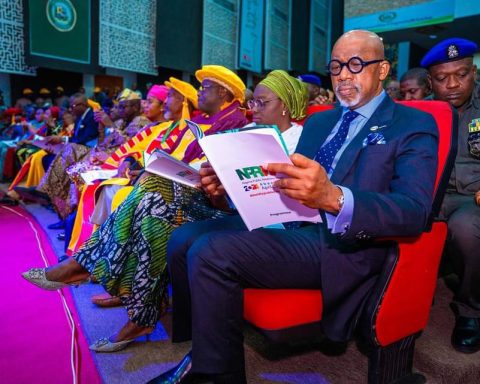

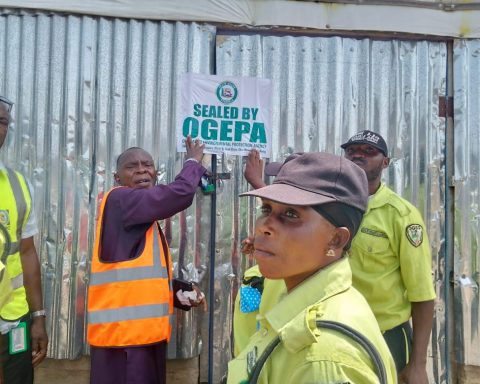




















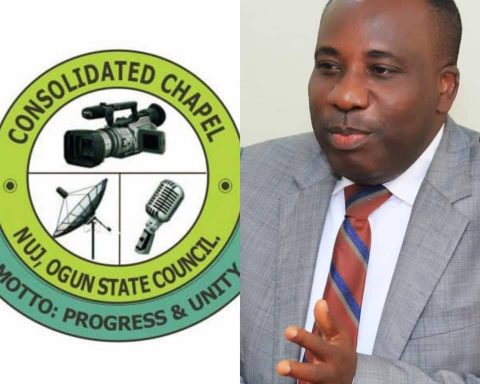








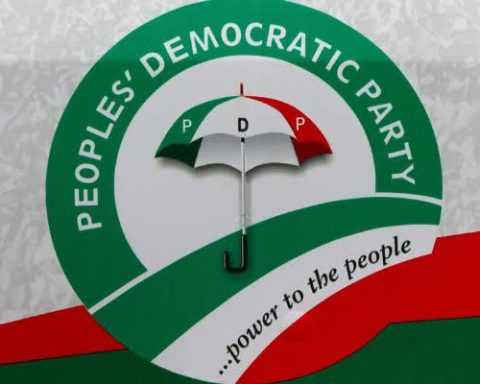

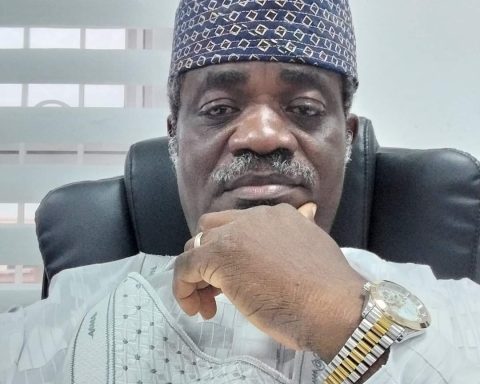





























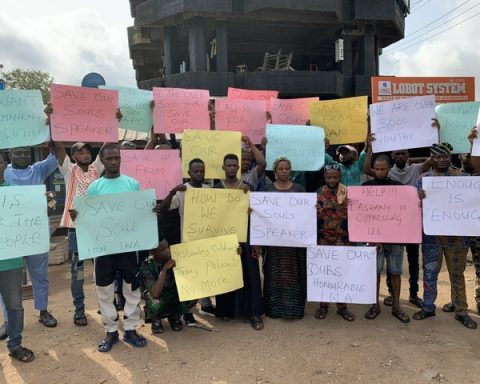













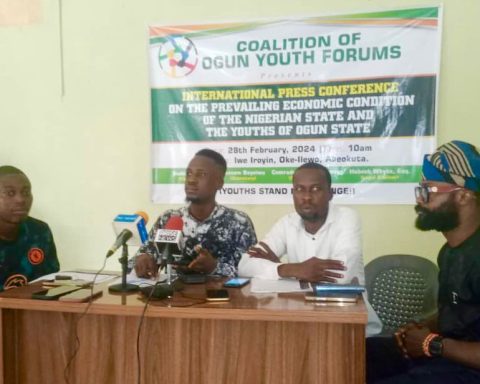
















👍